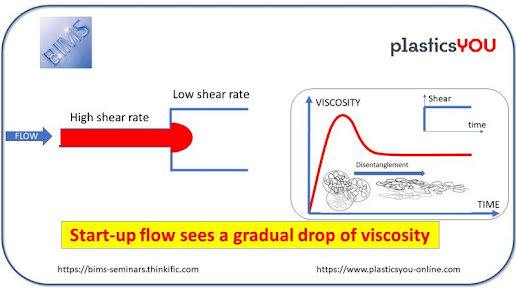Queen's University & Bombardier Join Hands to Develop Reinforced Polymer Bars for Monorail Project
Building and evaluating a section of new monorail test track in Kingston is providing a unique learning opportunity for Queen's civil engineering students through collaborative research with Bombardier Transportation's System Division in Kingston.
"This project represents a significant step forward," says structural engineering professor and Canada Research Chair Amir Fam. "It provides a unique opportunity for testing Queen's technologies and designs in collaboration with a major industry leader."
Dr. Fam, Mark Green and graduate student Nik Wootton are part of a team using cutting edge structural engineering technologies on two of the support beams for the 1.5 kilometre long test track. They are using glass-fiber-reinforced polymer bars to reinforce one concrete beam. The beam is 11 meters long and weighs 30 tons.
"This initiative is symbolic of the opportunities for Queen's and Bombardier to work together toward building a long term relationship," says Steven Liss, Vice-Principal (Research). The unique project represents one of the largest ever applications of this technology in transportation infrastructure, using polymer bars up to 25 millimeters in diameter.
"We recognize the research at Queen's to be leading in the field," says Ziad Rizk, Engineering Director and Site Manager (Bombardier Systems Division). Other companies and organizations involved in the project include Anchor Concrete, McCormick Rankin, a member of MMM Group Limited, Trancels Pultrall and St. Lawrence College.


Comments
Post a Comment